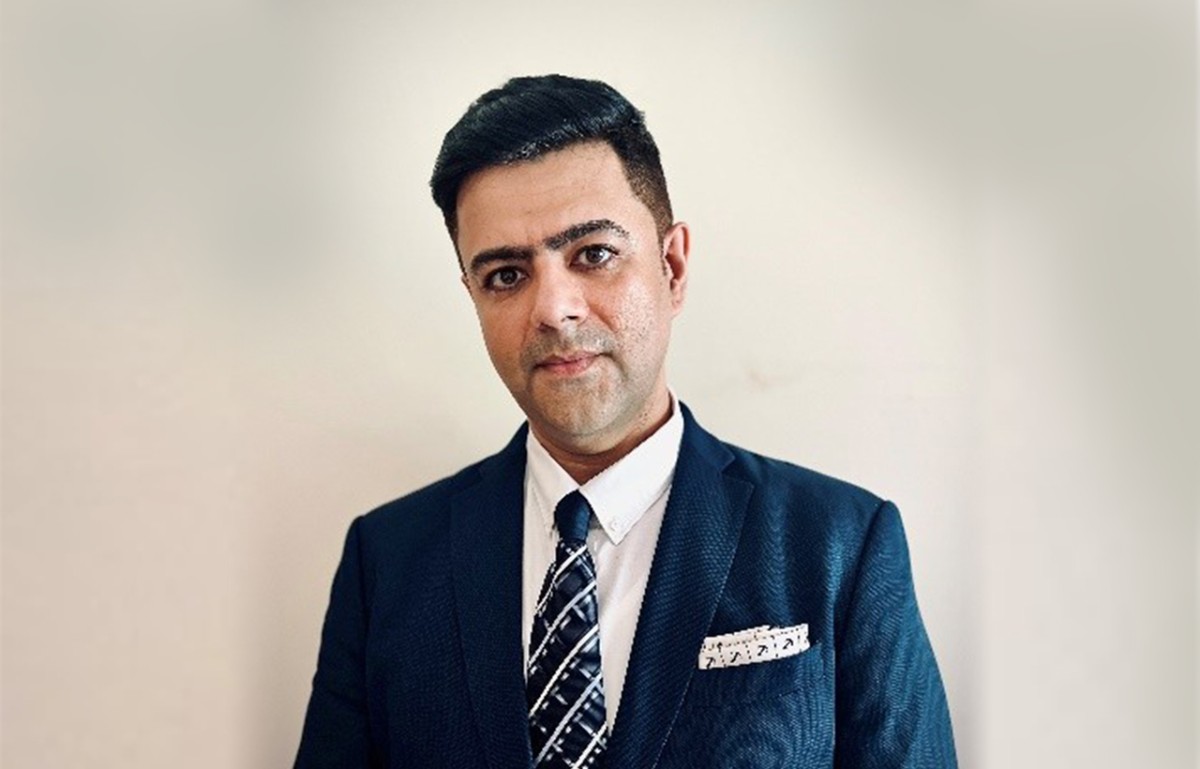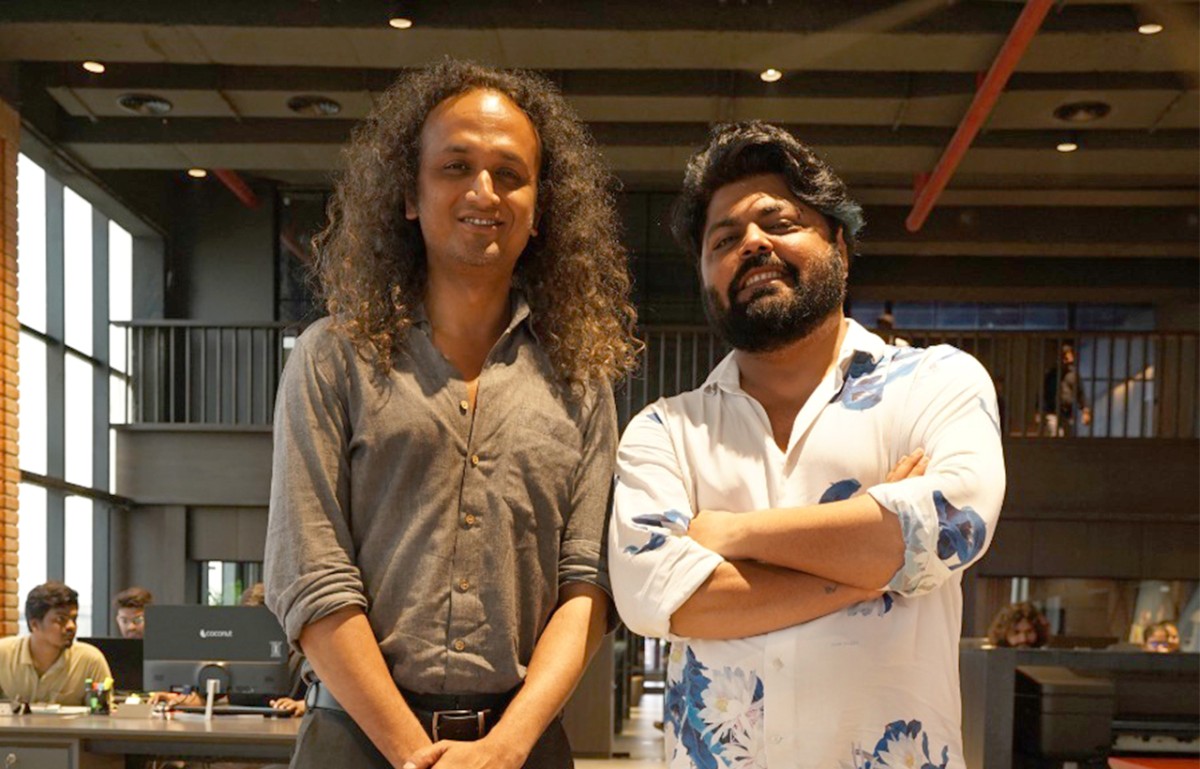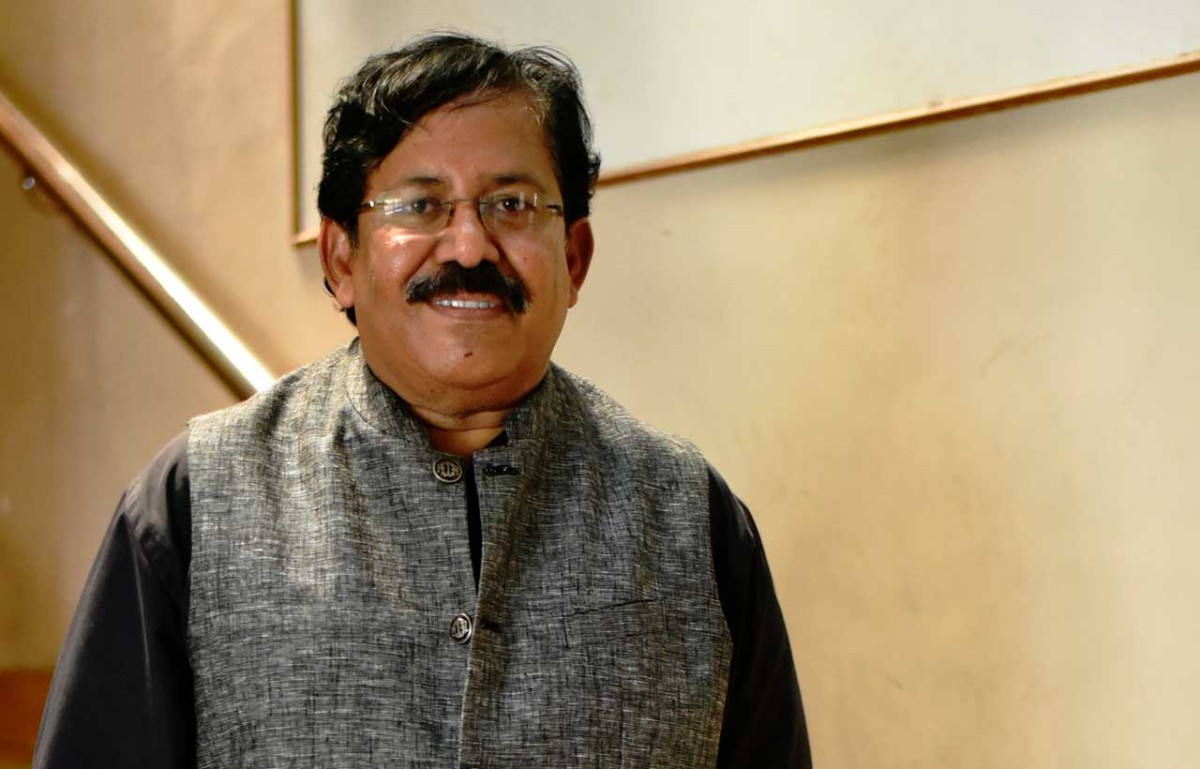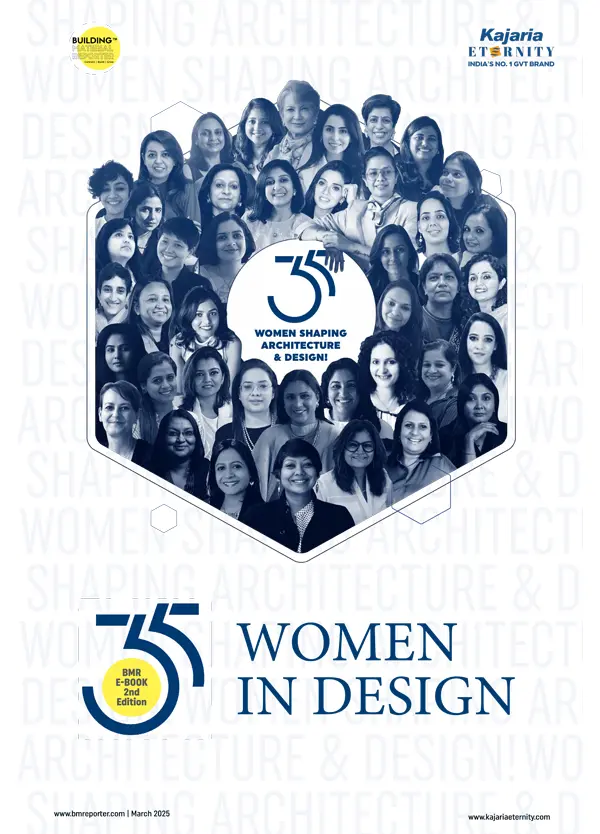Ujjwal Bhole, Founder of UB Architects shares his insights on the design trends of 2025
- August 2, 2025
- By: Editorial Team
- INFLUENCERS
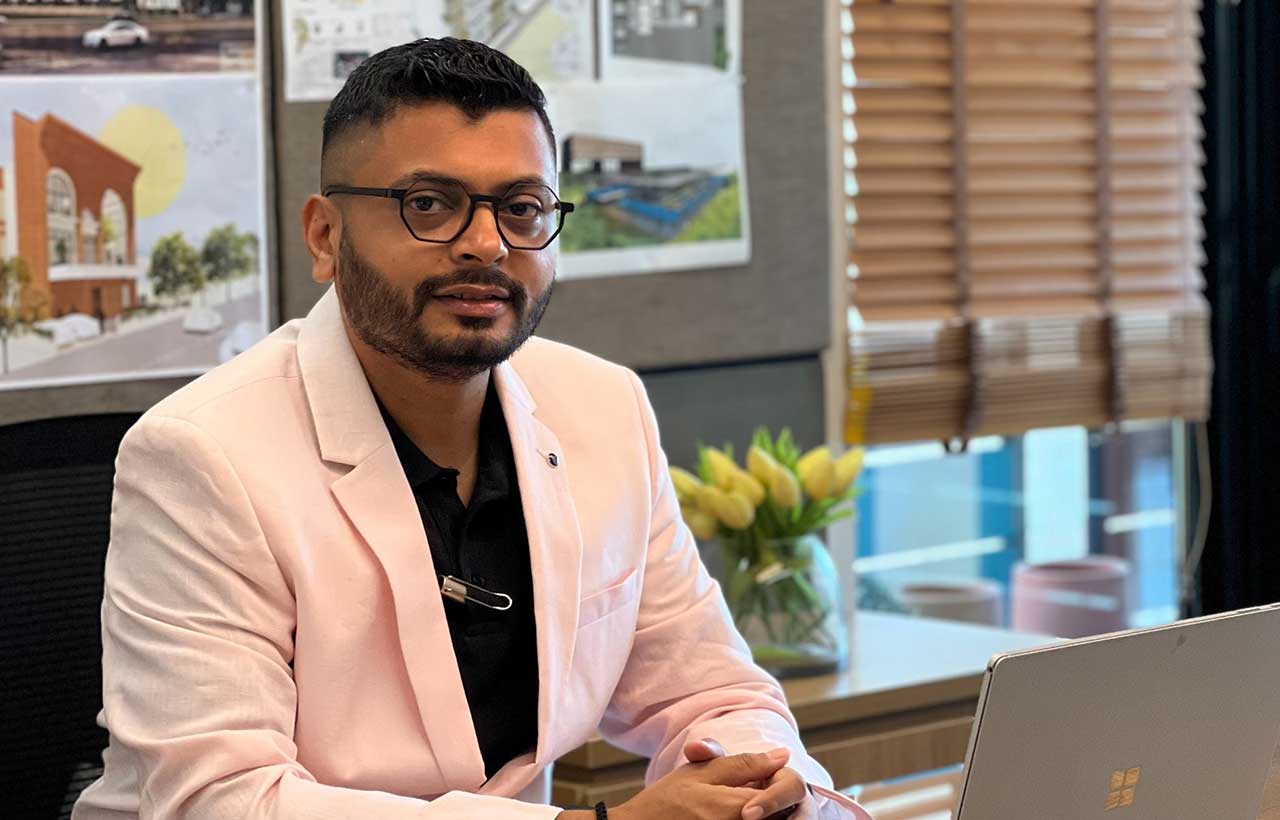
Ujjwal Bhole, Founder and Principal Architect of UB Architects, is among a growing group of designers redefining architecture as a responsive, narrative-led, and sustainability-rooted discipline. With a global perspective shaped by his academic and professional experiences across Mumbai, London, Dubai, and China, Ujjwal brings clarity and depth to the challenges of designing in a climate-sensitive, hybridised, and rapidly evolving India. In this exclusive interview, he discusses the materials, technologies, and philosophies that will shape design in 2025.
What’s one material or design approach you believe will define 2025? Why?
Demand for composite natural materials that strike a balance between performance and environmental responsibility is expected to increase in 2025. Blends of lime and plaster, bio-based concrete, and thermally efficient bricks made from waste and local earth resources are a few examples of these that provide climate responsiveness without sacrificing appearance. In addition, "regional minimalism," a sophisticated, grounded aesthetic that prioritizes context above decoration, is a growing design concept. It involves designing hygienic, flexible areas that incorporate the material and cultural identity of their surroundings.
How are you incorporating technology (AI, smart materials, digital tools) into your creative process today — and how do you see it evolving?
Technology is now woven into almost every stage of our process. We utilize AI for zoning studies, rapid feasibility iterations, and shadow analyses, which enable us to make informed decisions early on. Technology allows us to iterate intelligently, enhancing our speed, insight, and imagination. In order to assist customers understand the core of a project much earlier in the process, we also leverage AI generative platforms like Midjourney to create visual atmospheres and material moods. The way that architects and clients co-create spatial experiences is being shaped by these more dynamic and collaborative tools. In the future, we see generative design becoming increasingly integrated with public and civic projects, providing data-driven approaches to community and building planning.
Sustainability continues to shape design — what new practices, materials, or mindsets are you adopting to push it further in 2025?
We’re shifting sustainability from a checklist to a design mindset. Our practice prioritises designing for longevity, modularity, and material responsibility. We're integrating low-embodied energy materials, promoting adaptable layouts, and reducing mechanical dependence through passive planning. At UB Architects, we’ve started prioritising material circularity and modular adaptability; designing buildings that can change with the user or be deconstructed responsibly. We are also working with local craftspeople and vernacular techniques that offer low-carbon, contextually intelligent solutions. Sustainability, to us, is also about longevity, buildings that age well and respond to people and place.
What role does “brand thinking” or storytelling play in your spatial, product, or architectural work today?
Storytelling is central to how we approach design. It helps ensure that our spaces have meaning, memory, and clarity. Whether it’s a public institution or a residential tower, we build from a narrative—who the users are, what the place demands, and how the space should make them feel. Our approach entails determining the distinct narrative that each location possesses and creating content that enhances it. Today's clients seek significance in addition to a building. We can create settings that are emotionally engaging in addition to being useful by using storytelling. Form, substance, and even navigation are influenced by this "brand thinking."
If you had to predict one major shift in how we live, work, or build — what would that be in the next 2–3 years?
We will see a spatial decentralisation of employment and leisure in the next years. According to the Future of Jobs 2025 report, skill-driven, hybrid job patterns will become commonplace. In response, our cities need to create flexible, 20-minute neighborhoods that accommodate this new reality. This calls for greater micro-urbanism, mixed-use clusters, and flexible infrastructure. For us architects, it's a chance to reconsider typologies with flexible schedules and multi-layered functions, such as residences that can be used as studios, office buildings with wellness levels, and public areas that encourage active, multigenerational use.
Can you share a recent project or concept that reflects your vision for the future of design?
One of our most ambitious and forward-looking projects is the master plan for New Chandrapur City, conceptualized as a sustainable, inclusive, and future-ready urban ecosystem. Spread across 13.92 sq. km, this proposal reimagines urban development by integrating clean industrial innovation, cultural preservation, agro-tech hubs, and sports infrastructure. At its core is a focus on user-centric planning that nurtures both economic growth and human well-being.
With features like a Creative Synergy Village for artisans and designers, an Innovation Park for agri-tech startups, and Transit-Oriented Development strategies, the project positions Chandrapur as a model for tier-2 cities in India. It explores how design, governance, and community can come together to make cities more resilient, livable, and culturally rooted.
New Chandrapur City represents our commitment to building not just better infrastructure but stronger communities, aligned with national development goals and global sustainability standards.
About Ujwal Bhole (Founder and Principal Architect, UB Architects)
Ar. Ujwal Bhole holds a B.Arch degree from the Academy of Architecture, Mumbai, and a Master’s in Real Estate Investment & Finance from Cass Business School, London. He believes that great architecture strikes a balance between creativity and practicality, where creativity is anchored in rationality. With extensive experience working with various statutory organizations, he brings his ideas to life through thoughtful design. His international experience in Dubai and China enriches his perspective and helps adapting to new technologies and global standards. Constantly upskilling, Ar. Ujwal’s primary goal is client satisfaction while growing his expertise and the firm’s capabilities.



